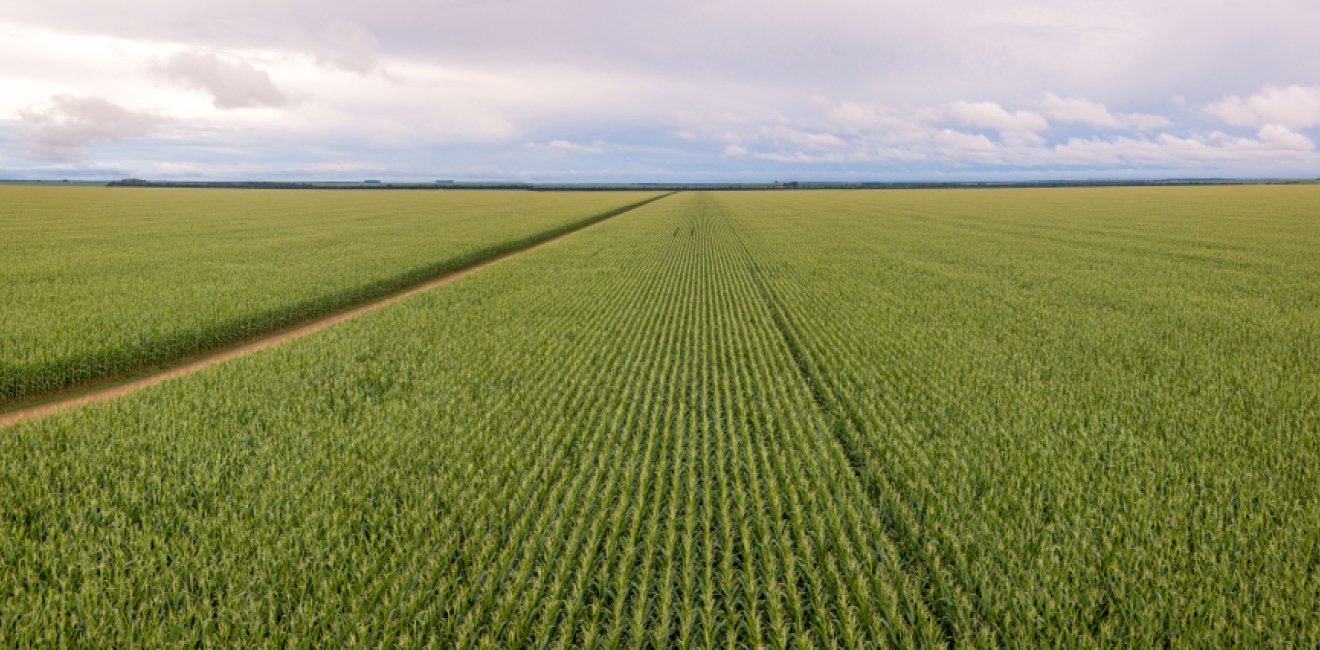
Brazil and the United States are responsible for producing around 25% of the world’s food. Together, they help guarantee global food security and have a track record of innovation in sustainability–a pillar for our future.
Both countries have vast territories and high domestic demand that offers sufficient scale to encourage enough investment to produce for export in top agribusiness segments. While they are competitors in some areas, they also complement each other in many ways.
In recent years, these two agricultural powerhouses have been striving to make agriculture more sustainable and to decarbonize transport. These independent and collaborative efforts involve research and development to adapt to climate change and reduce greenhouse gas emissions from agriculture.
Twenty-five years ago, Brazil and the United States were pioneers in biotechnology, supporting the development of transgenics for genetic improvement. By making plants more resilient and reducing the need for pesticides, transgenics in Brazil helped preserve 21 million hectares, save 10 billion liters of water, and avoid 70 million tons of carbon emissions. Productivity gains boosted grain production from 80 million to 310 million tons annually.
Going forward, one promising area for cooperation between Brazil and the United States is replacing chemical fertilizers and pesticides with bio-inputs. Benefits would include increased soil organic matter, preserved biodiversity, carbon sequestration, and efficient water management. Already, both countries are working to replace nitrogen fertilizers. These fertilizers are widely used for US crops like corn and cotton, and for Brazilian crops like sugarcane, coffee, and corn. Production, transportation, and use of nitrogen fertilizers account for about 2.5% of global greenhouse gas emissions.
Brazil has a long history of developing biological fertilizers, through Embrapa, an innovation-driven state company, and private firms. Today, Brazil and the United States are pursuing technological alliances to reduce chemical fertilizer use. Last year, for example, Embrapa, the University of Florida, and the US Department of Agriculture launched the “Research and Efficiency for Fertilizer Production” project. This initiative uses bio-inputs, precision agriculture, big data, and AI for more efficient nutrient distribution and soil management.
Both countries are committed to attracting investments from companies using biological (non-synthetic) raw materials and inputs. Atlas Agro, for example, is setting up green fertilizer plants in Minas Gerais state and Washington state to produce ammonium nitrate from water electrolysis, using solar and wind energy.
These new plants will reduce emissions and lessen dependence on imported fertilizer. Brazil accounts for 8% of global fertilizer use, and imports 85% of its supply–a vulnerability highlighted by supply disruptions during the pandemic and the war in Ukraine. For Brazil, increasing domestic fertilizer production is crucial for national security and global food prices.
Through innovations in biofuels, Brazil and the United States are also tackling transportation emissions, which account for about 25% of global greenhouse gas emissions. Cars contribute about half of this total, prompting a push for decarbonized transport solutions.
In addition to reducing the environmental impact of automobiles, the two countries are looking for ways to bring the efficiency of biofuels to other modes of transport, such as maritime and aviation. Last year, Brazil and the United States joined India in announcing the Global Biofuel Alliance, to boost the production and use of biofuels, including through the development of sustainable aviation fuel. Responsible for 15% of greenhouse gas emissions in the transportation sector, commercial aviation until recently had no technological options to reduce its carbon footprint. But with the emergence of sustainable aviation fuel, the sector has glimpsed the possibility of reducing dependence on fossil fuels.
In January, LanzaJet, in Georgia, opened the world’s first sustainable aviation fuel plant. It will rely mainly on Brazilian sugarcane ethanol for the production of biofuel, taking advantage of innovations at Brazilian sugarcane ethanol plants that have significantly reduced emissions, in part by transporting cargo in vehicles powered by biodiesel or biomethane.
These and other partnerships have demonstrated the shared interests and complementary human and natural resources that will allow Brazil and the United States to continue to shape the future of global food security and sustainable mobility.
Author


Brazil Institute
The Brazil Institute—the only country-specific policy institution focused on Brazil in Washington—aims to deepen understanding of Brazil’s complex landscape and strengthen relations between Brazilian and US institutions across all sectors. Read more







